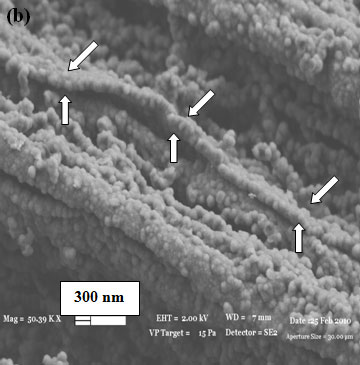Fuel cells are clean, compact and modular energy generation devices that generate electricity by a chemical reaction between a fuel and an oxidant. Polymer electrolyte membrane fuel cell (PEMFC) offers several advantages for both mobile and stationary applications yet it is necessary to develop low cost and more efficient PEMFCs. The heart of the PEMFC is the membrane electrode assembly composed of a proton exchange membrane sandwiched between two porous gas diffusion electrodes. At this point, graphene is a promising candidate as catalyst support material for PEMFCs due to its outstanding mechanical, structural, and electronic properties. Herein, the support material becomes significant to get high catalytic performance of catalysts by lower catalyst loadings. For the production of advanced type of gas diffusion layers, the distinguished properties of graphene are combined with the structural properties of conducting polymers and the impregnation of low-amount of Pt catalysts on graphene surface by the proposed simple and low-cost fabrication technique.
This research is conducted by Dr. Burcu Saner Okan in the scope of her PhD thesis between 2007-2011 under supervision of Prof. Dr. Yuda Yürüm.
The part of this Project is granted by Tubitak 1003 between 2015-2018 (WP leaders: Dr. Burcu Saner Okan, Prof. Yusuf Menceloglu and Assoc. Prof. Mehmet Yıldız).
